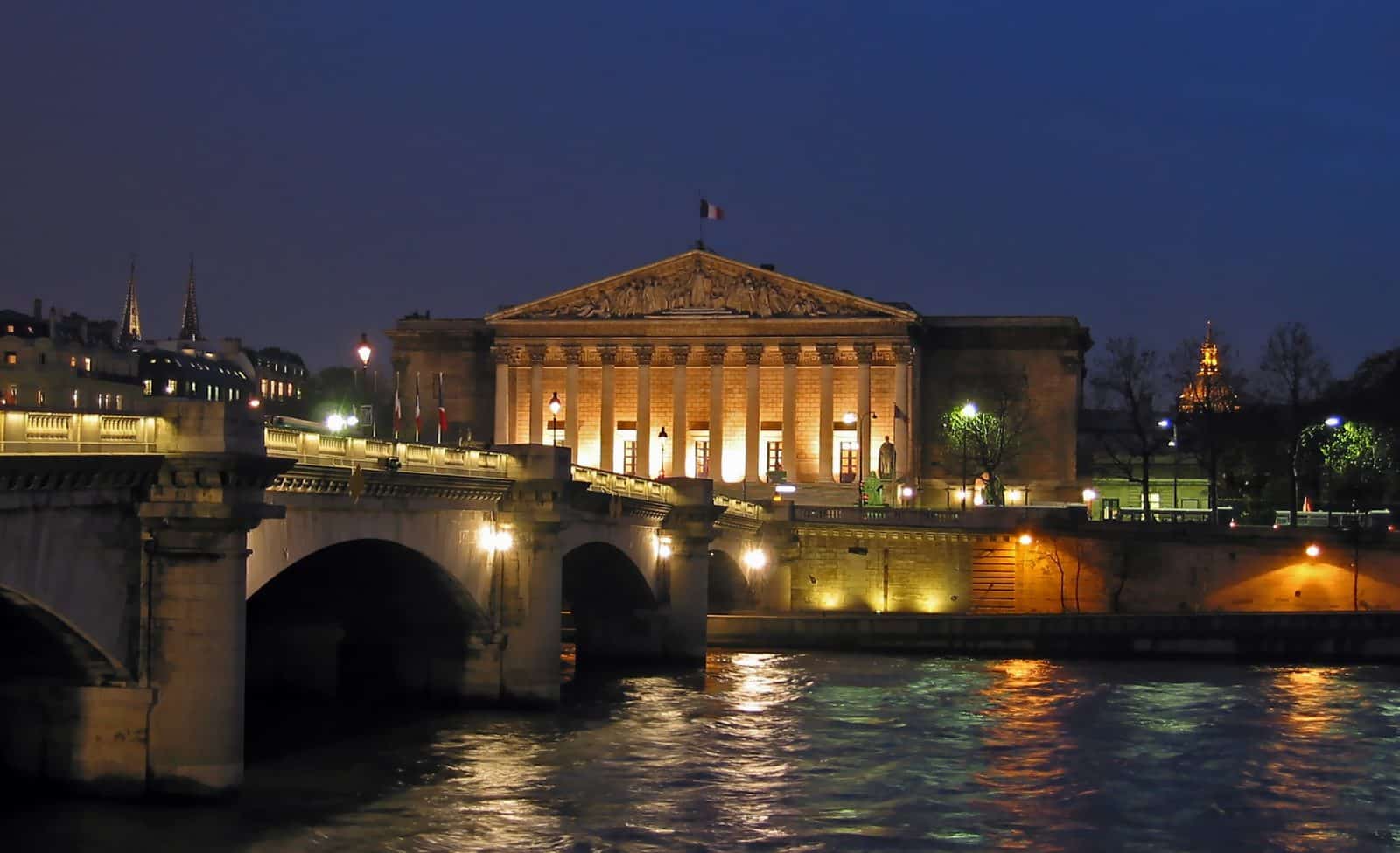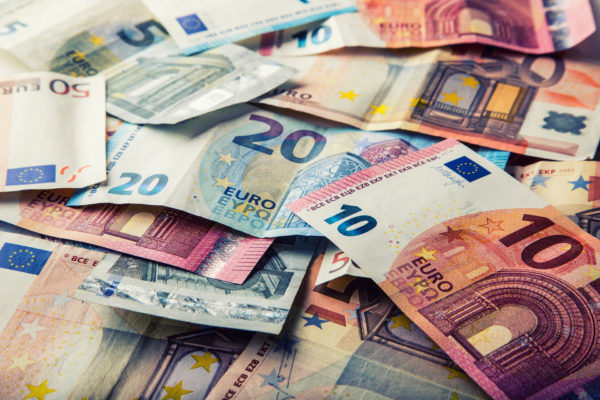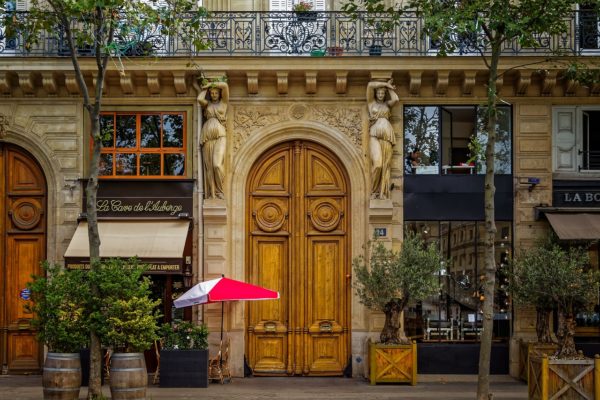Expert Insight, Breaking News, and Insider Stories on Real Estate in Paris

Elections in France: What’s happening, and what does it mean for real estate in Paris?
The 2017 elections are all the talk in France right now, and we have to wonder: what are the candidates’ plans for real estate, and what impact could the election have on the real estate market?
The French will be voting for their president on April 23, 2017. The two front-runners will then make it to the second and final round of the election, which will take place on May 7. All but one of France’s presidents under the 5th Republic have been candidates either of the Socialist Party, including François Mitterand and current president François Hollande, or the Les Républicains party, formerly known as the UMP, the party of Jacques Chirac and Nicholas Sarkozy.
Hollande announced just a few days ago that he would not be presenting himself for a second term. Considered the most unpopular president of the 5th Republic, many believe that he would undoubtedly have lost the election. As the socialists’ primaries come around in January, current prime minister Manuel Valls is expected to be the party’s nominee, but there is still a good amount of uncertainty around the general election as we wait for the incumbent party to choose its nominee.
The other main political party which has a significant chance of winning the presidency, is Les Républicains, the main center-right party in France. They just had their primaries, and their nominee was announced on December 1 to be François Fillon, former prime minister under Nicholas Sarkozy (who was also running for the nomination). Polls have predicted that he will obtain around 30% of the votes in the first round.
As of now, Fillon’s platform includes several proposals surrounding real estate. For one, he believes that the market is overly subsidized and restricted, and intends to scrap a rent control law that puts a cap on rents in Paris. He also wants to decrease notaire fees, and go back to the tax exemption on capital gain from selling a property after 15 years of owning the property (as opposed to after 30 years, which was imposed under Hollande). As for new housing, he wants to pursue zero-interest-rate policies to encourage construction, but restrict it to first-time buyers. These policies should give an additional boost to real estate in France, along with improving economic conditions, low interest rates, favorable foreign currency exchange rates and businesses fleeing to Paris from London following Brexit.
The last party worth mentioning is the Front National, France’s extreme-right party, led by Marine Le Pen, whom the latest polls have predicted will obtain around 24% of the votes. During the 2002 presidential elections, Jean-Marie Le Pen, Marine’s father and former leader of the party, made it as far as the second round of the presidential election. With the rise of the far right around the world and in France – the party gained a lot of traction during the regional elections that took place this year – the possibility of a far-right presidency is not preposterous.
There is much speculation as to what would happen in France if the Front National wins the presidency, with many news sources worrying that it would be another victory for xenophobic movements around Europe and the United States, following Brexit and the election of Donald Trump in the US. When it comes to real estate though, Marine Le Pen is mostly focused on social housing, and would follow similar policies to the more moderate right-wing party.
For assistance with buying or selling property in Paris: contact@parispropertygroup.com
Image:
Contact Paris Property Group to learn more about buying or selling property in Paris.













